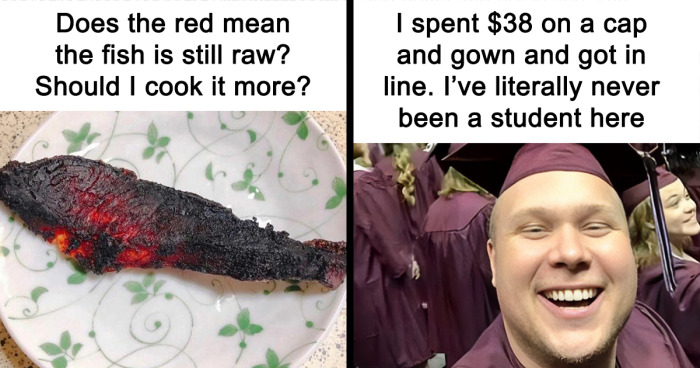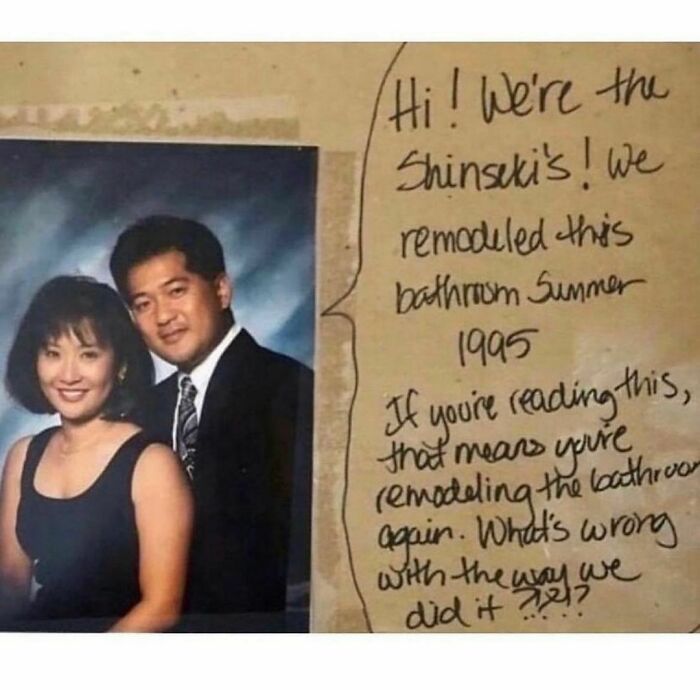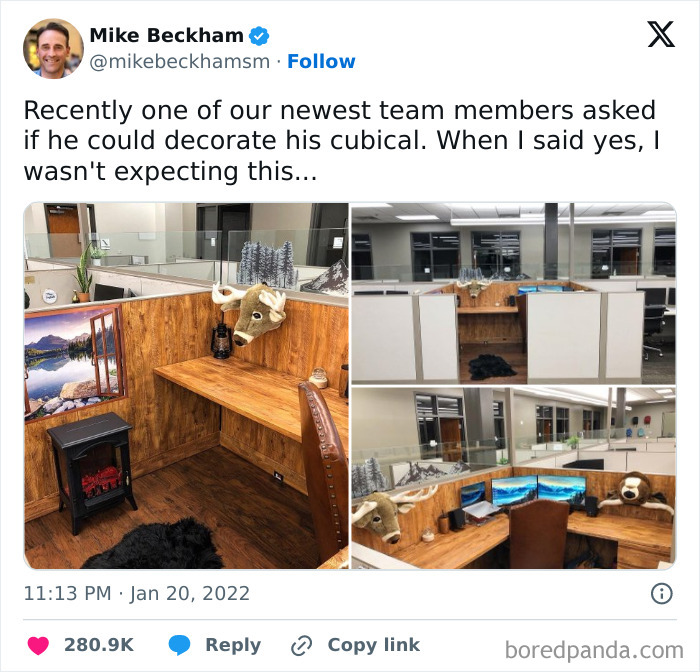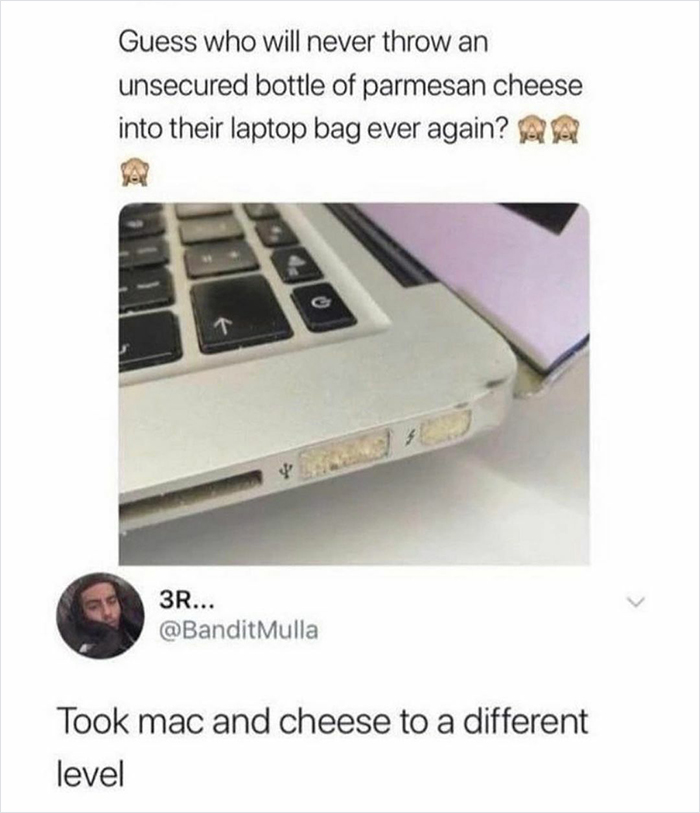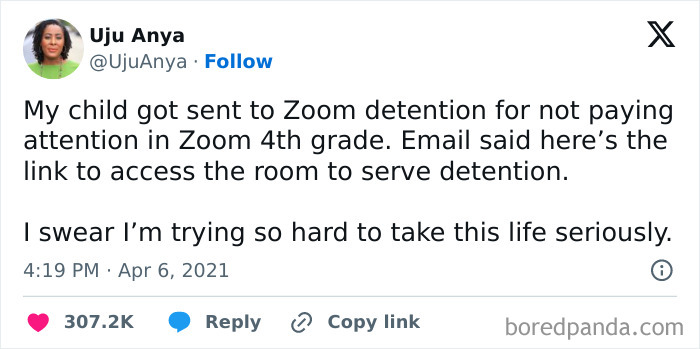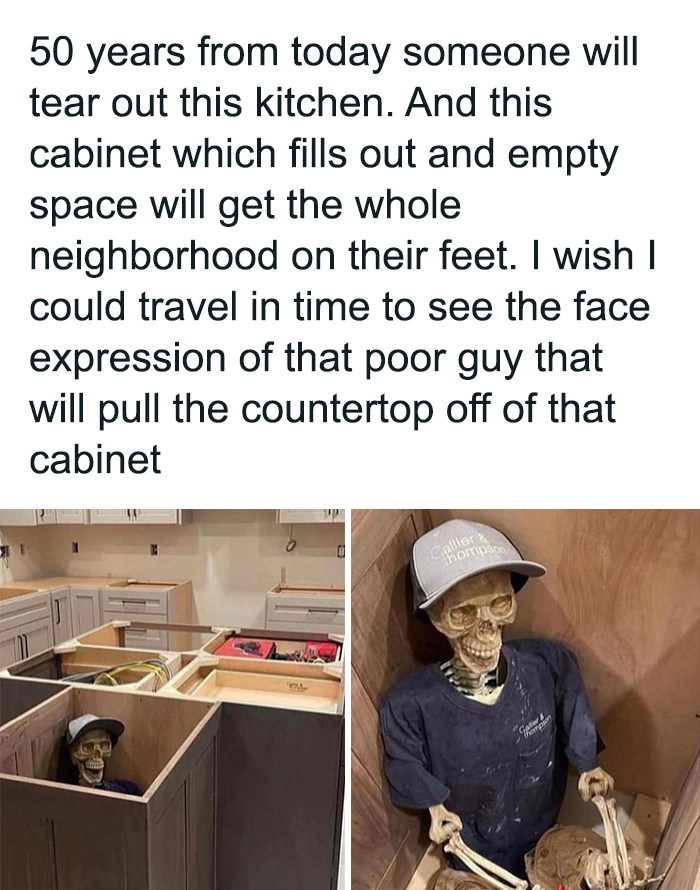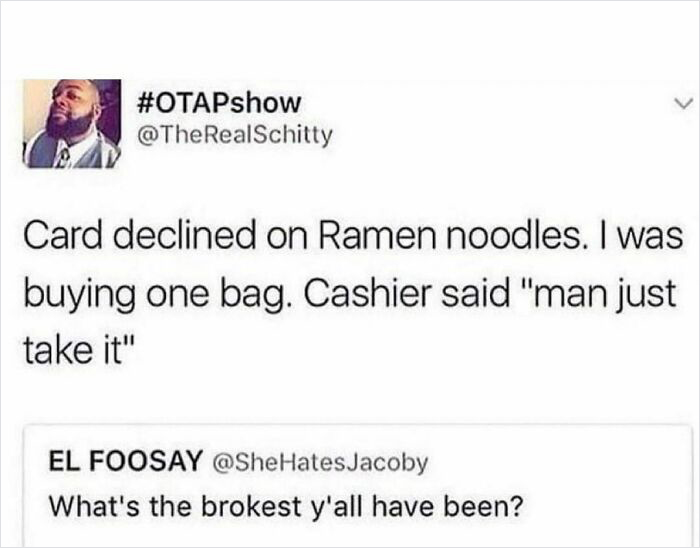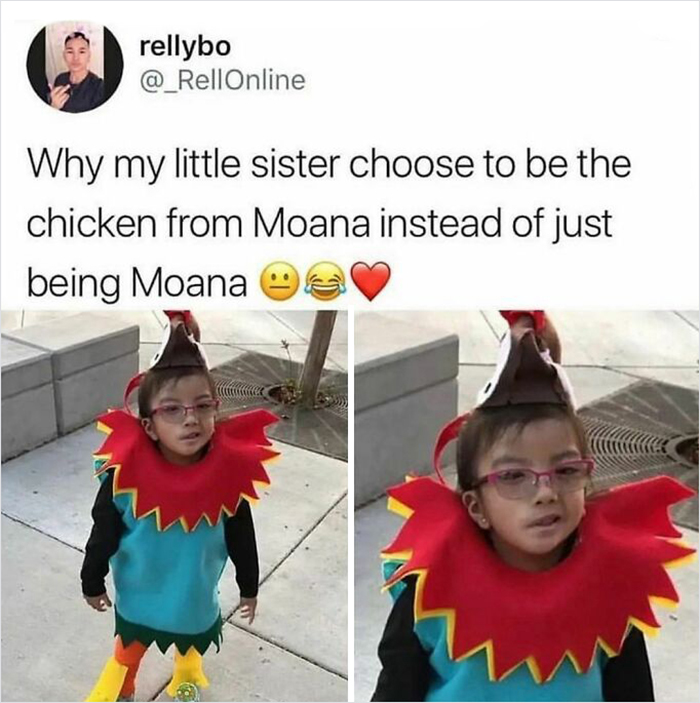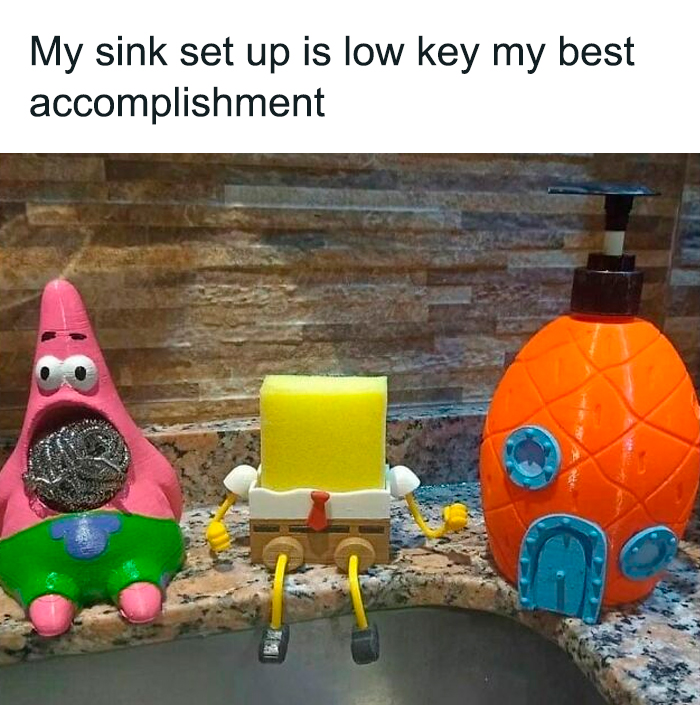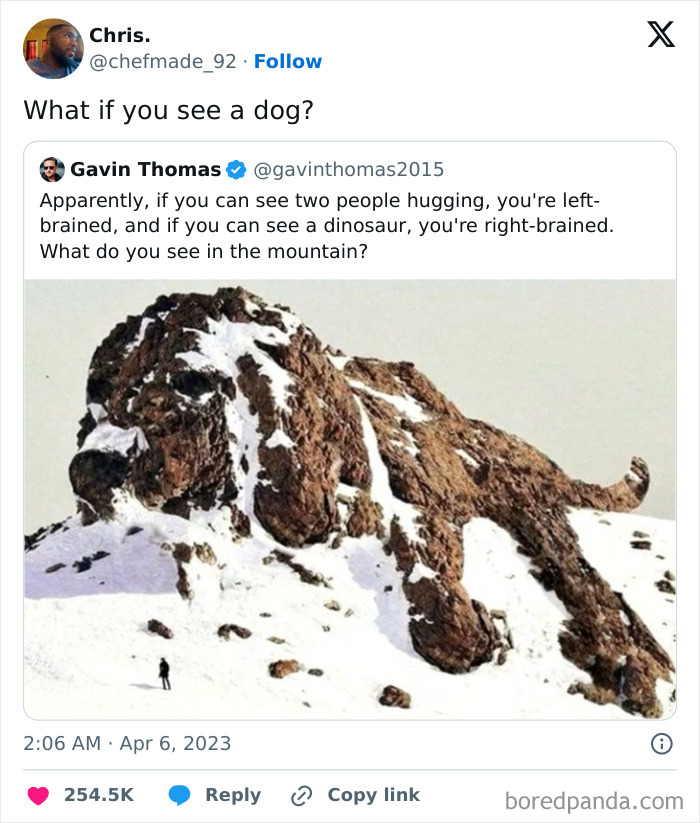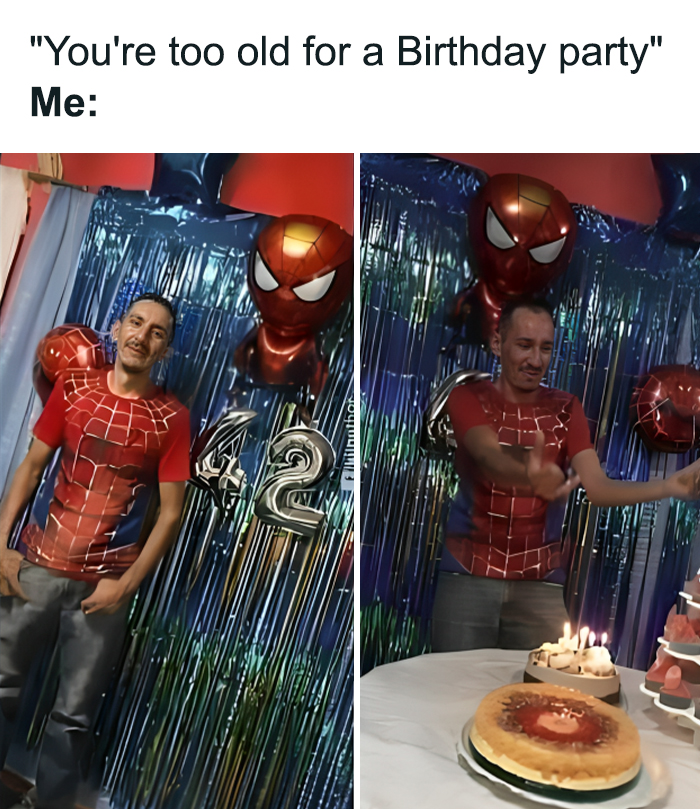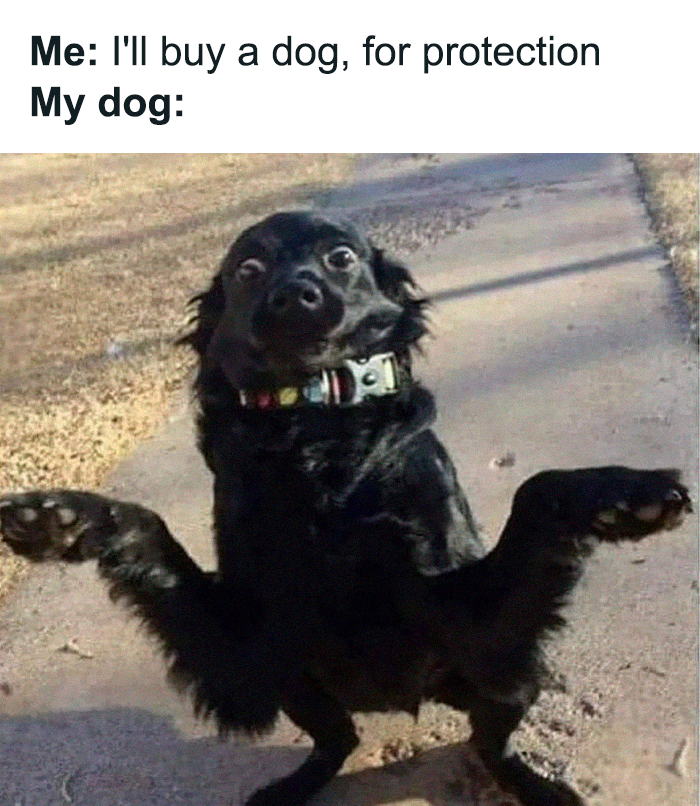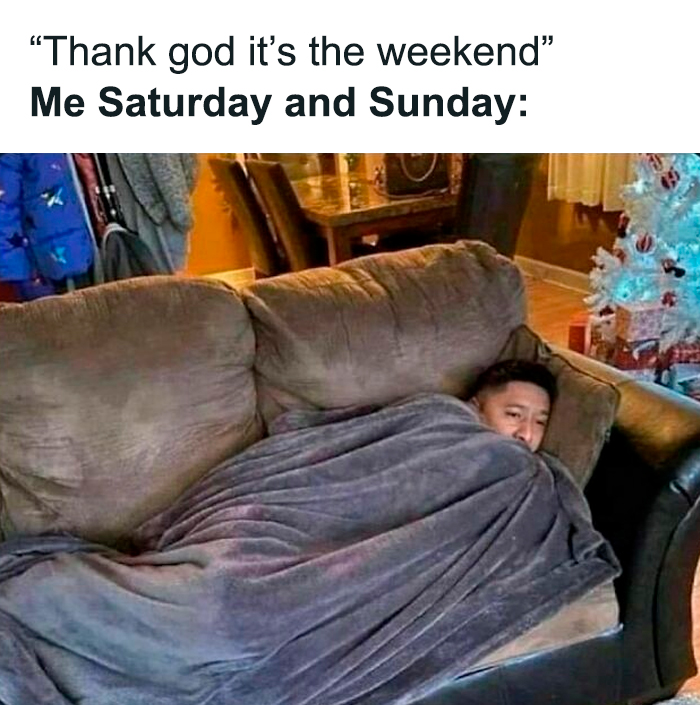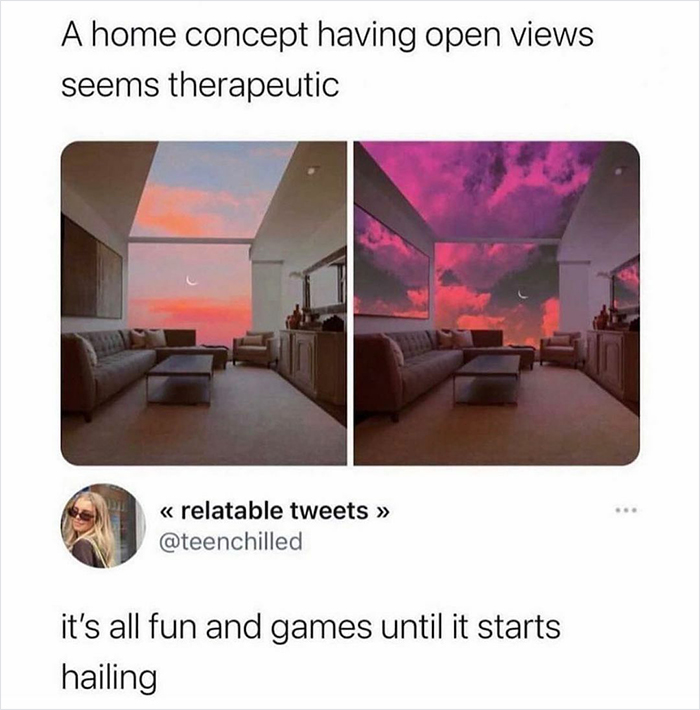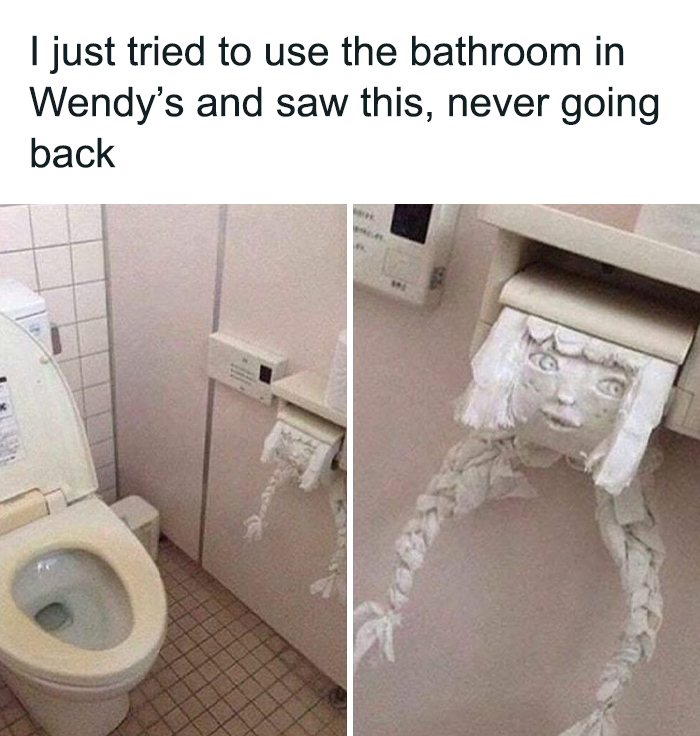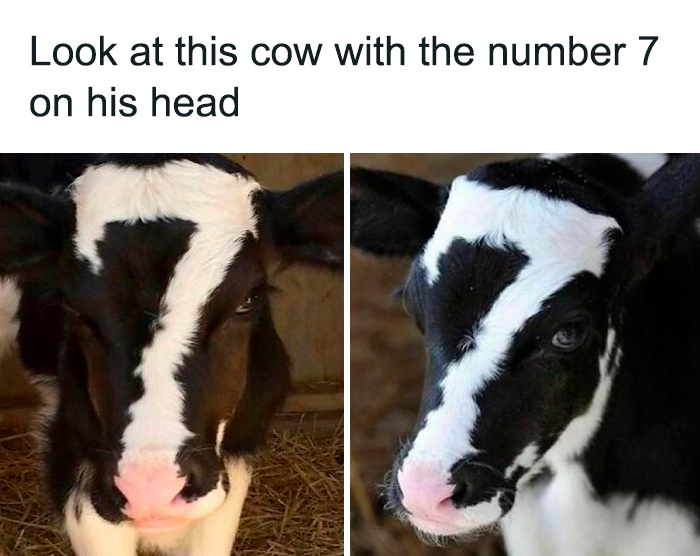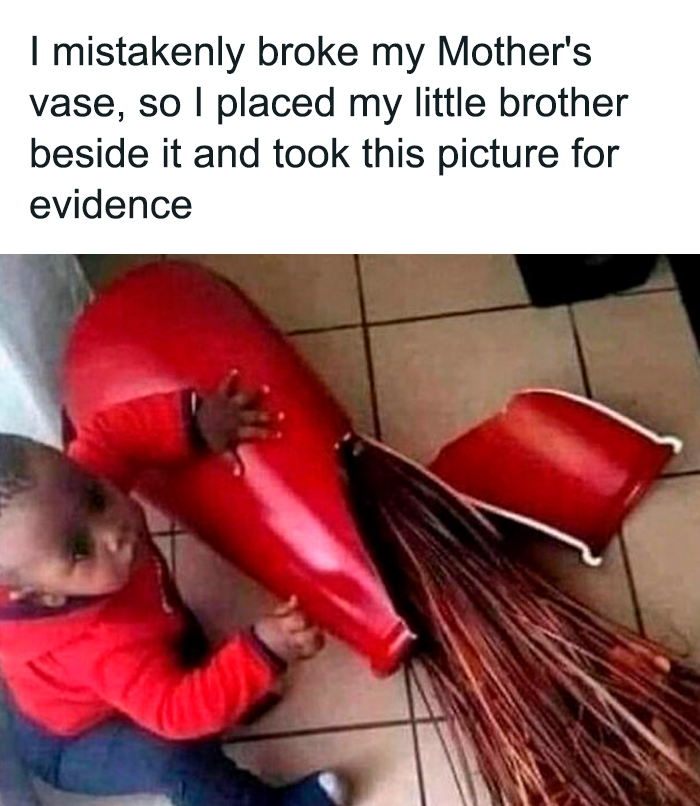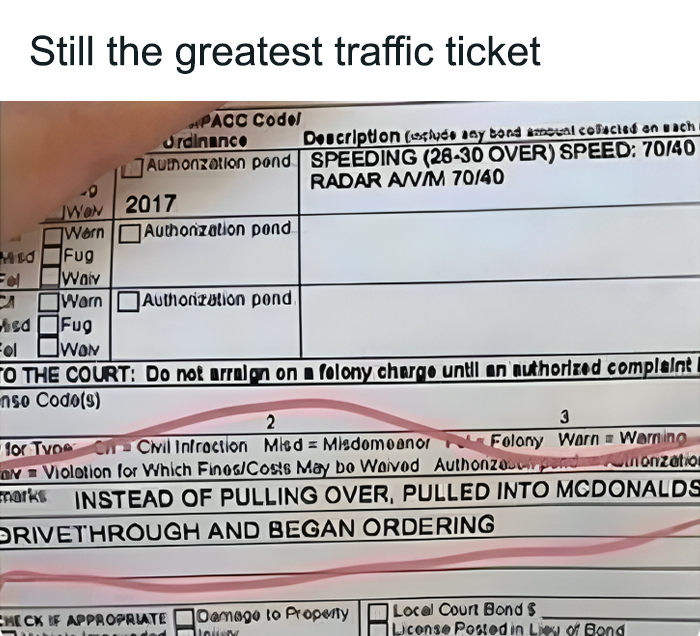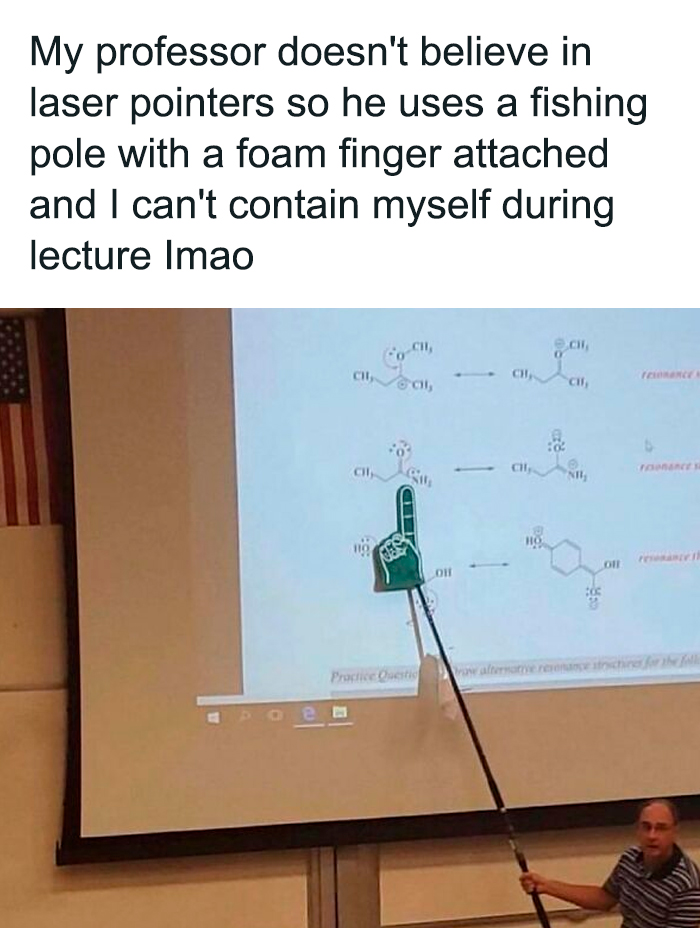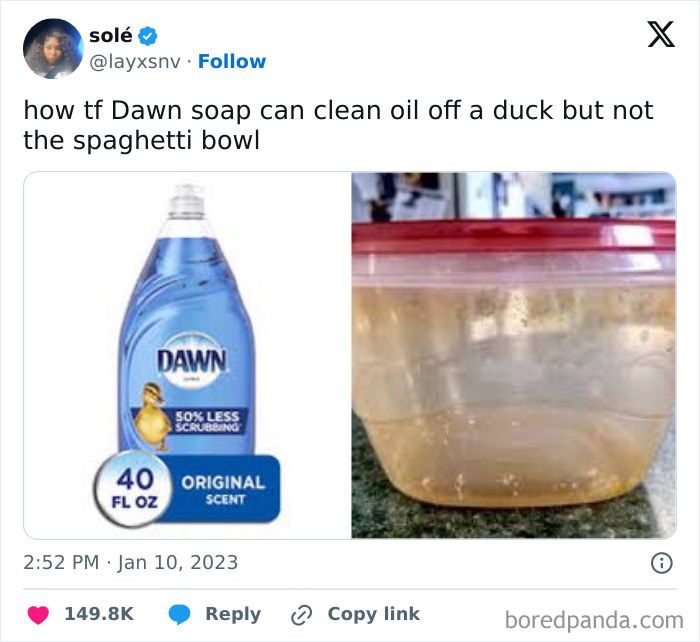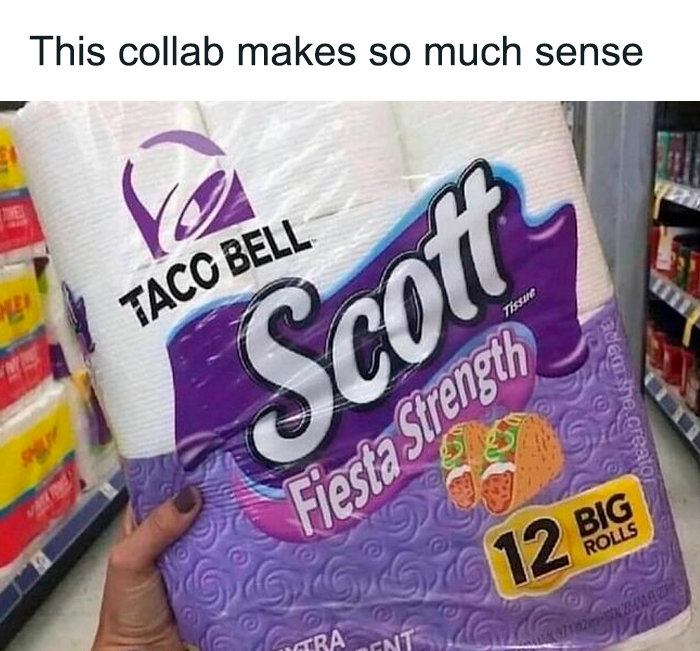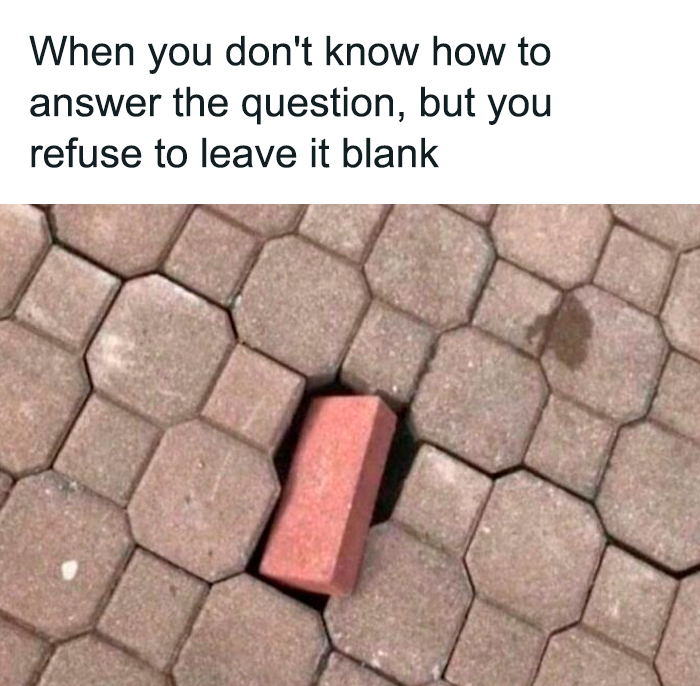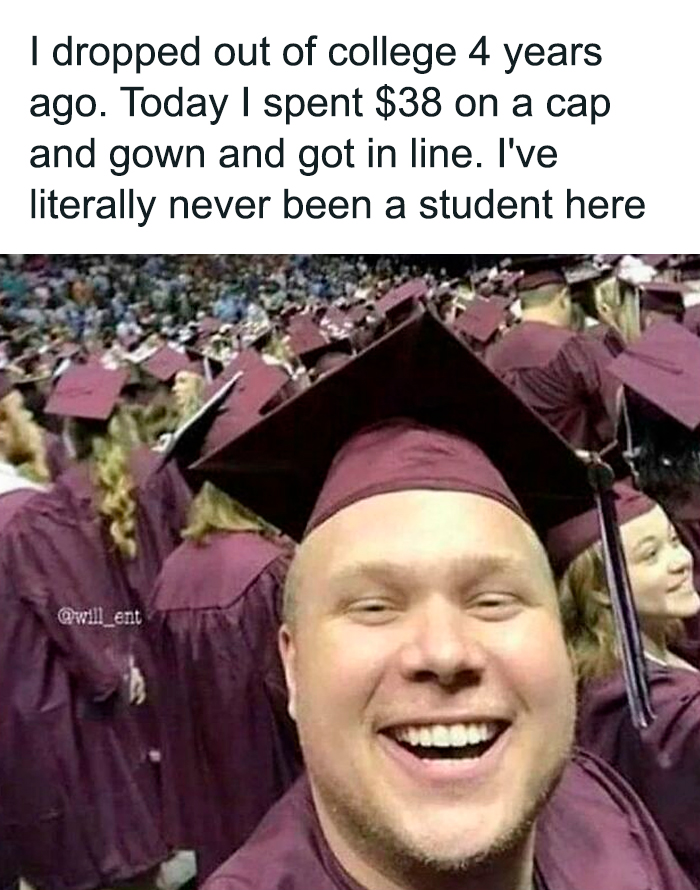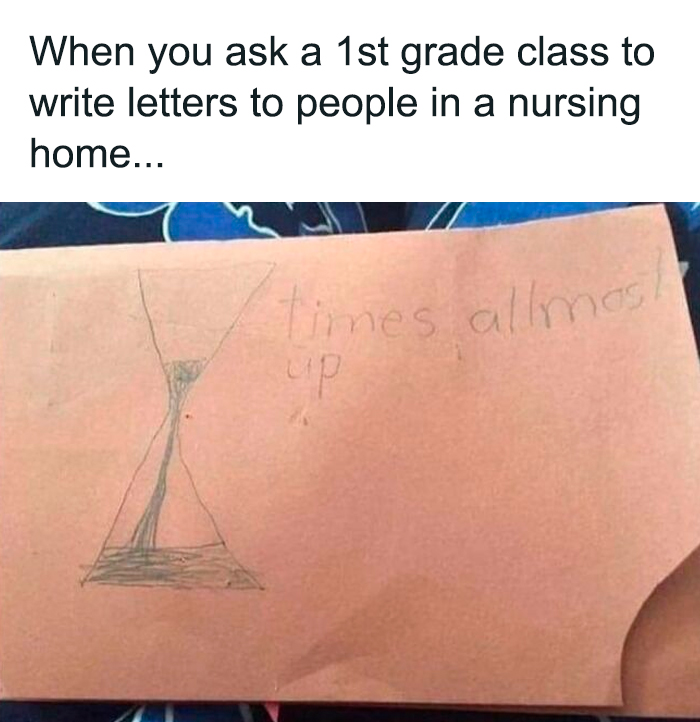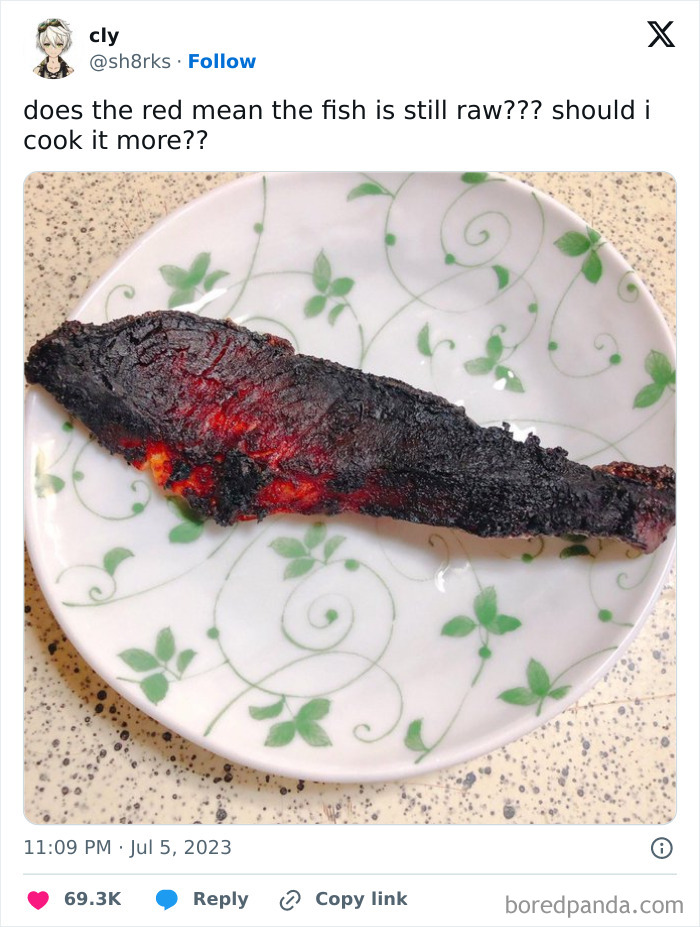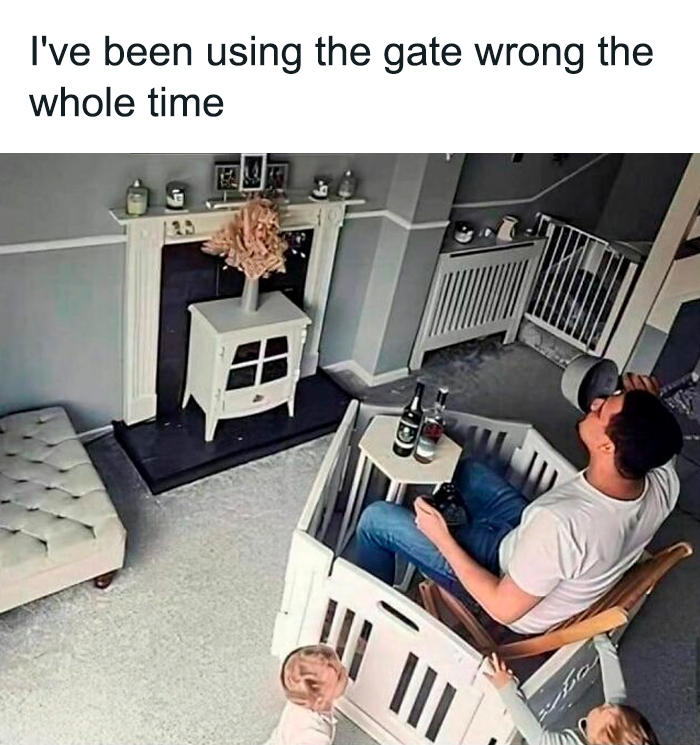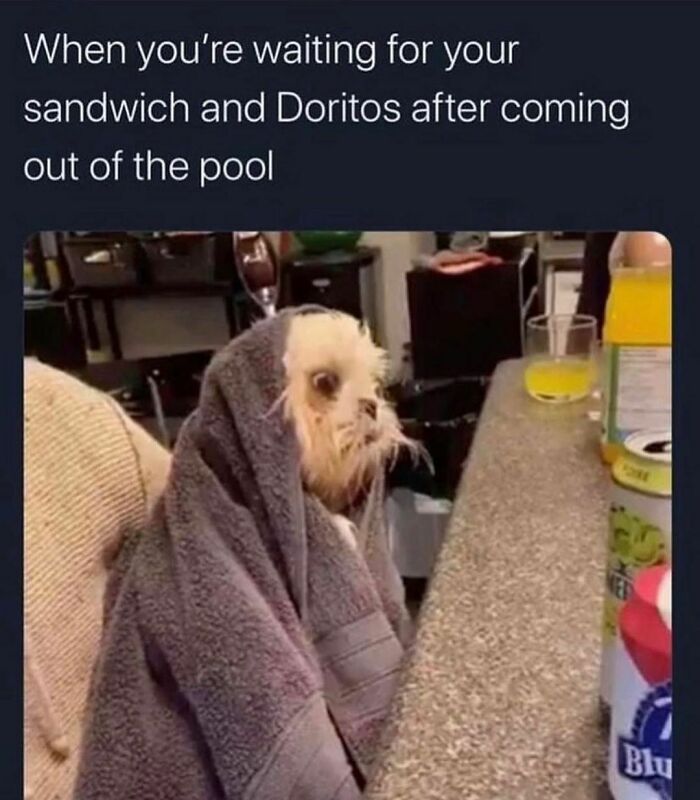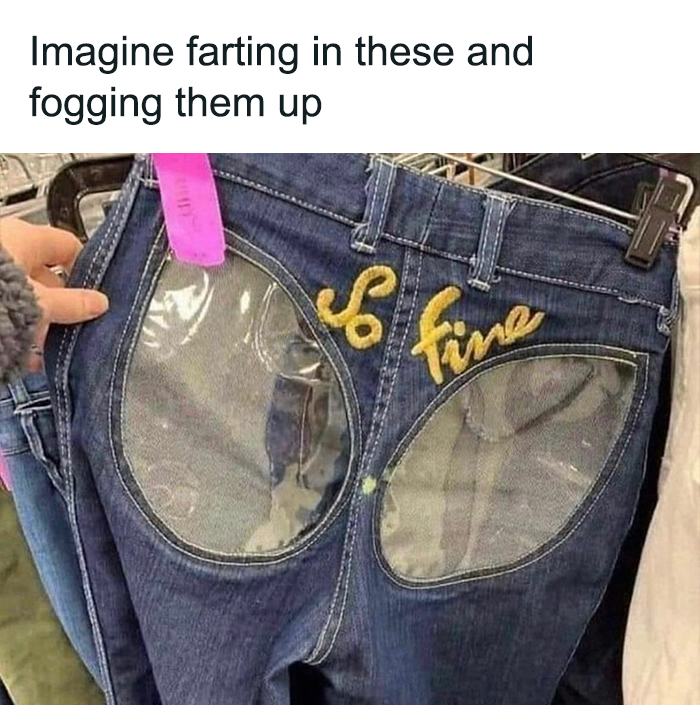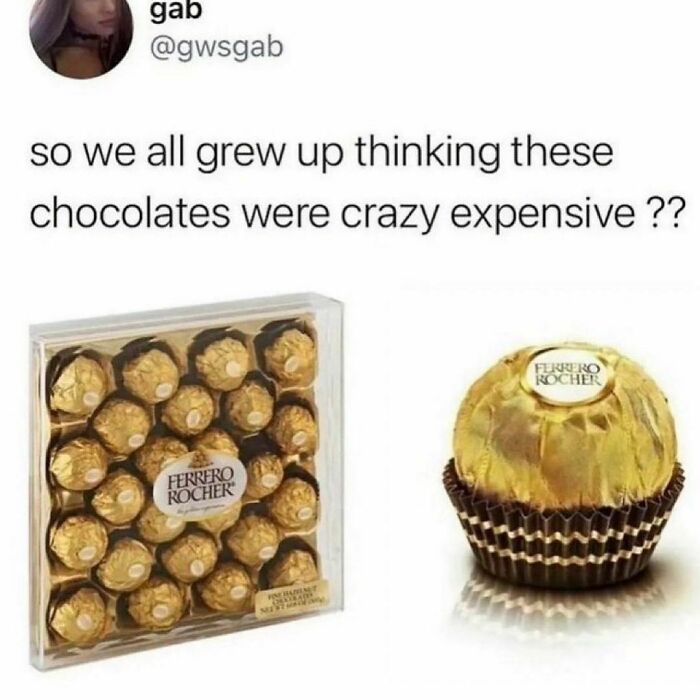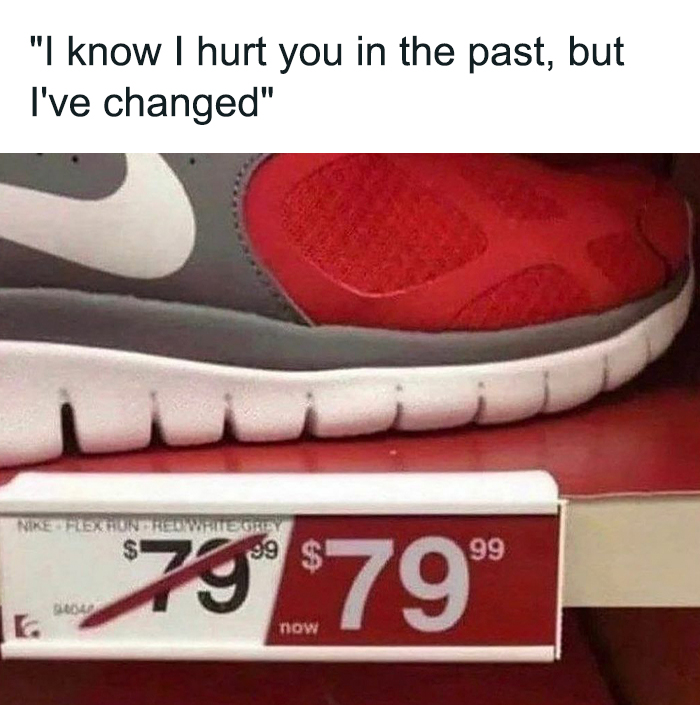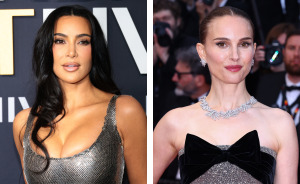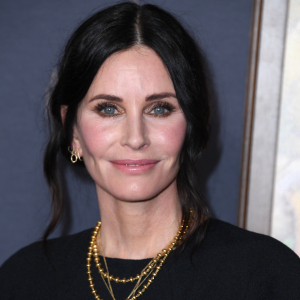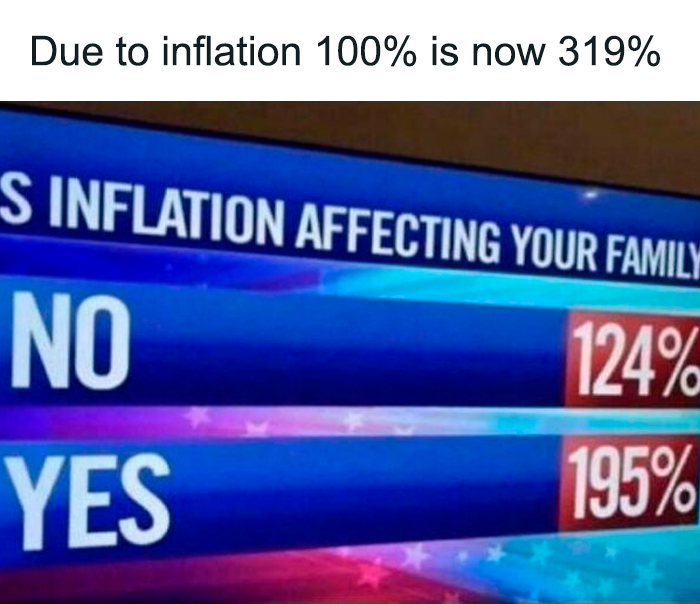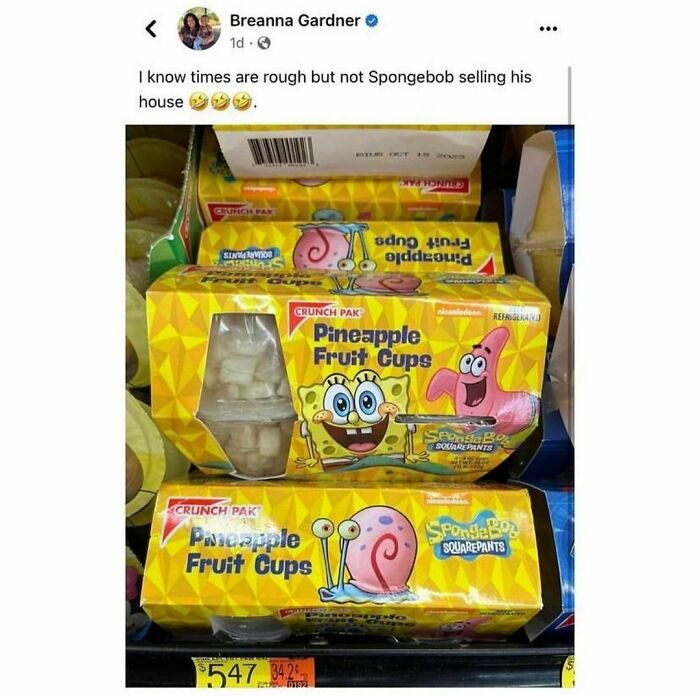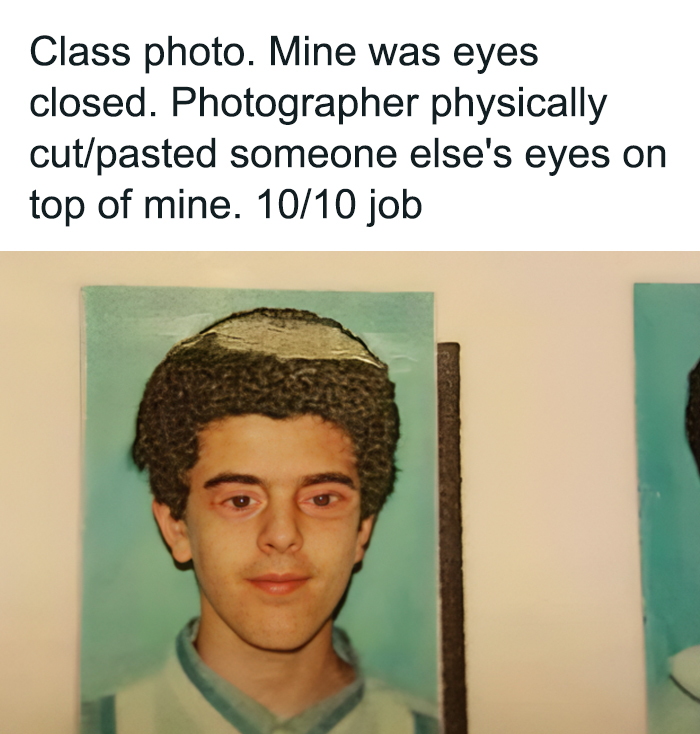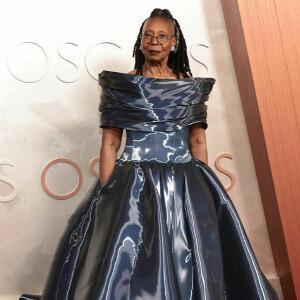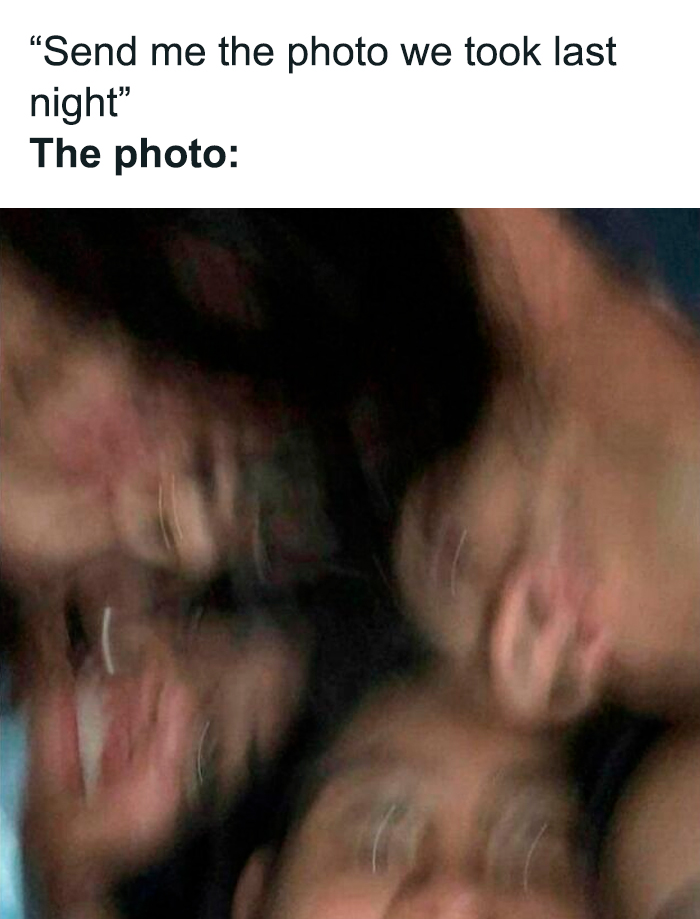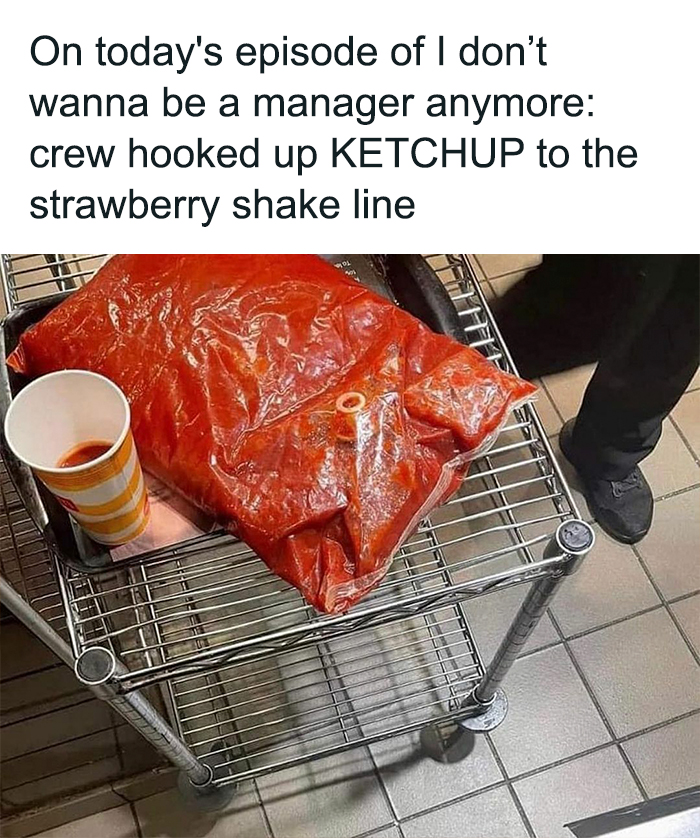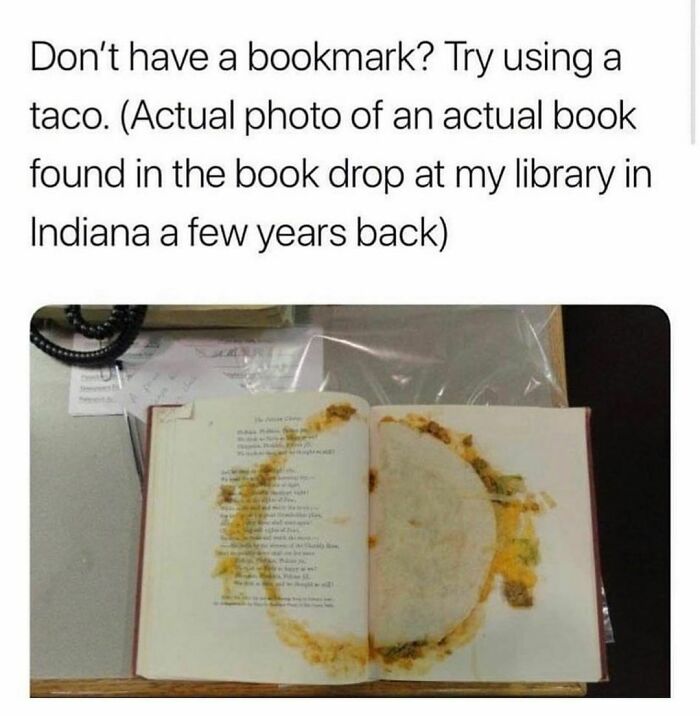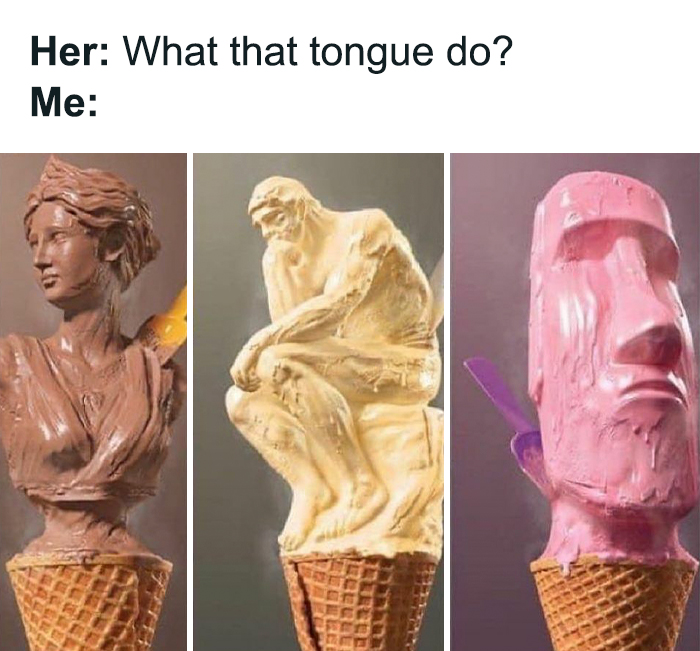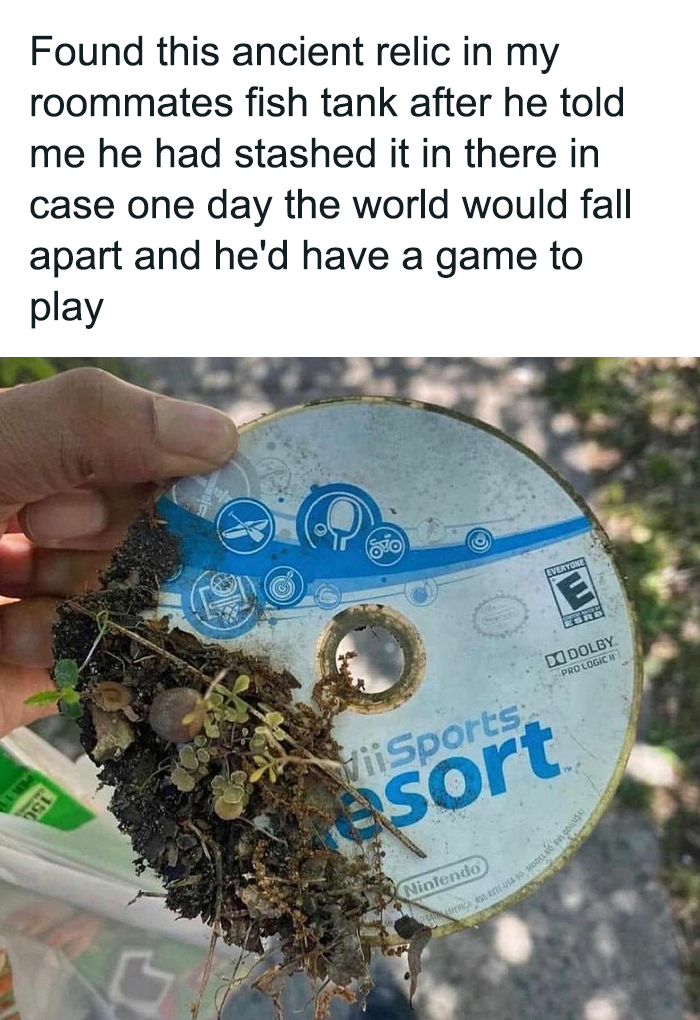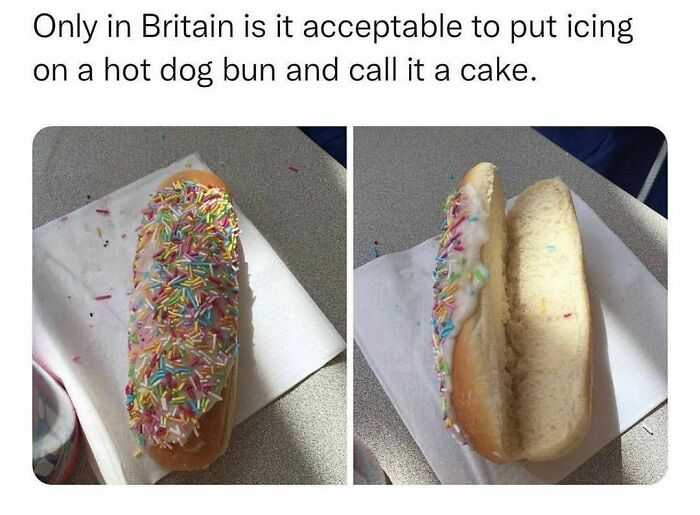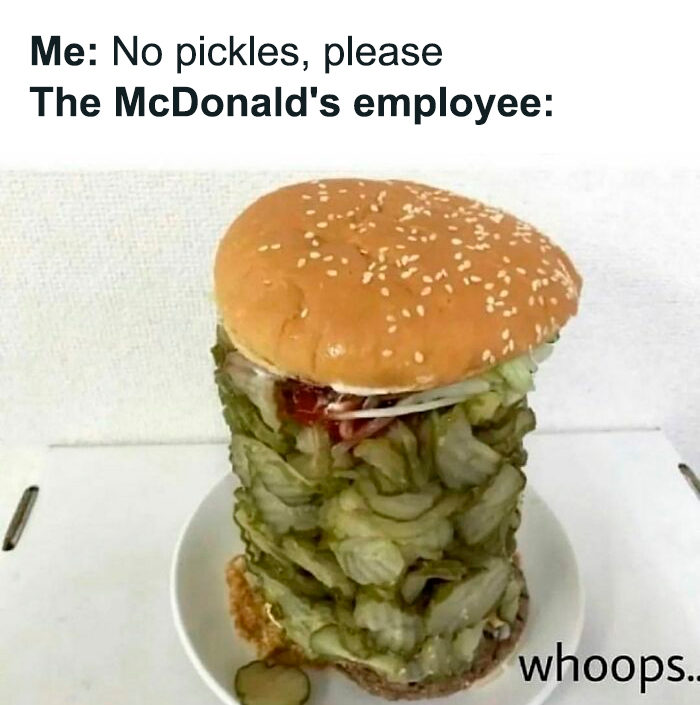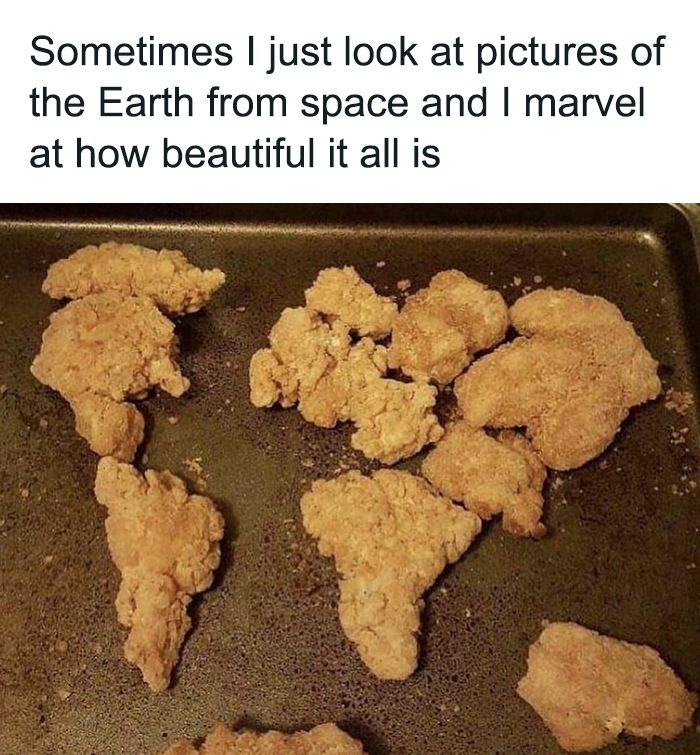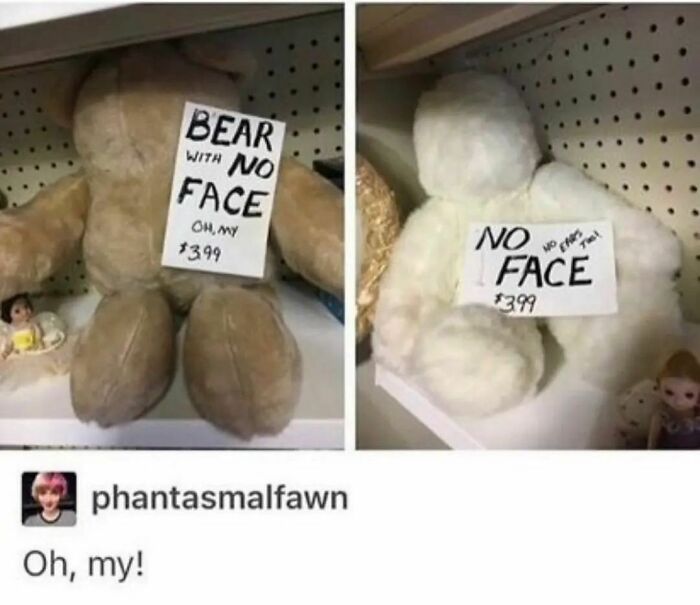Probably everyone has a soft spot for a quick meme. In the morning, during work, and after work, it's like an IV that pumps fun into your body and helps the day pass.
We invite you into the realm of 'Boss Meme Squad,' where the focus isn't on memes about bosses, but on making you feel like a boss as you laugh along with us.
'Boss Meme Squad' isn't just about funny pictures and captions – it's a group of meme lovers who are experts at making everyday moments, culture, and current events super hilarious.
Get ready to LOL, ROFL, and enjoy our compilation of memes that will tickle your funny bone and brighten your day!
This post may include affiliate links.
We reached out to stand-up comedian Evaldas Karosas, and here's what he had to say about memes and why they're special: "A meme is like an inside joke for people that don’t know each other. Humor in general helps us connect with people on a deeper level, a meme serves the same purpose, but on a wider scale."
When you mention the word "meme," most people might think of all sorts of images – like a grumpy baby with a caption about work frustrations, or a big cat that's totally uninterested. However, memes weren't born online. Some experts believe people have been using memes to talk for ages. They're like cultural chat windows and a way to join social trends.
Even though it's hard to pinpoint the very first meme, the term was introduced by British biologist Richard Dawkins in 1976 in his book "The Selfish Gene." Originally, Dawkins compared a "meme" to the smallest sounds in speech or meaningful parts of words.
Imagine inside jokes or catchy jingles – they spread because we love sharing and repeating things. So, when we pass on a joke or sing a jingle, that's the meme replicating itself.
Now she just has to scream her head off and the costume will be complete
As long as people have used symbols to communicate, they've been using memes, Professor Conrod D. Andrew Price, the head of content at Memes.com, concurs. He mentioned that Mr. Dawkins simply "came up with a term for something that has been around forever." He added, "A meme is basically an idea that spreads widely through people's minds."
Similar to other words in English, the term "meme" has evolved in its meaning over time. In today's internet-driven environment, "memes and what they signify are formed together by many users in a social setting," explains Jennifer Nycz, an associate professor and head of undergraduate studies at Georgetown University's Linguistics Department.
She went on to say, "This isn't really unlike how any form of communication or knowledge comes about. It just stands out more with memes because people intentionally create them and share them for everyone to discuss."
Big pop culture moments make memes happen. In 2022, Instagram got Saint Hoax (a pseudonymous Syrian artist, satirist and socio-political activist) to cover the Met Gala as their first-ever meme person. They knew cool stuff would come from it and spread on social media. Saint Hoax said, "Memes are like today's cartoons. They spread everywhere and work across different cultures."
Making and sharing memes helps us be a part of an online group and feel special. "Memes bring people together with jokes and can start talks about important stuff," explained Kit Chilvers from Pubity Group, which has more than 80 million followers on its social accounts. Chilvers added, "Memes can be kind of secret, as only those who know where they come from get them."
Memes don't fit everyone the same way. Some might get bothered by certain memes, while others will giggle at anything. The internet has all kinds of folks and stuff, and memes will keep changing each year. How will memes be in 10 years? Only time can tell.
One time in college the math professor set up a meeting with me and this poor man said "I want to talk about this specific question because - and I'm sorry - I had to mark this question wrong, but I had to give you some points because your work and answer were SO ridiculous that you nearly got it right." Still an accomplishment 10 years later.
When my little one was just beginning to walk, we put the Christmas tree in her playpen rather than her. I have a photo of her looking in on it like why is the tree in time out? lol
When I was younger, my friends and I would call them "Ferrari Rockers." By younger, I mean I was 22.
I think ruining both a book and a taco counts as a war crime. It should.
Amish stuffies. No, I'm not kidding, they never have faces, I live in the middle of Amish country, so I know 😏
You know, I never thought I would say that something was too much butter... but this is too much butter
In France that's how we actually call overcooked or very tough steak: de la semelle (shoe sole)
Where in the world is the link for the rest of the article 😵💫 (is it just me?)
Where in the world is the link for the rest of the article 😵💫 (is it just me?)

 Dark Mode
Dark Mode 

 No fees, cancel anytime
No fees, cancel anytime 


